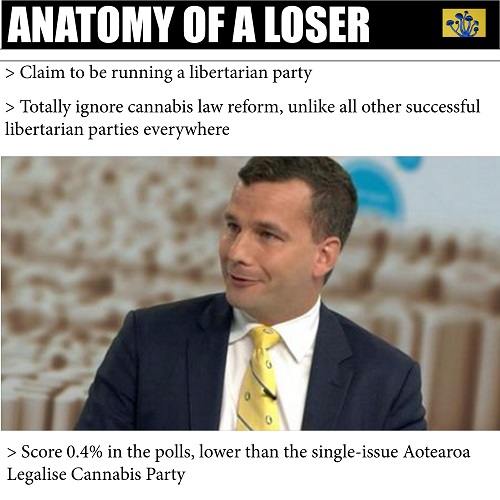
With all the bullshit being produced nowadays, it’s sometimes difficult to spot new patterns or sources of it in all the noise. One of the most interesting new patterns (or, more precisely, resurgent patterns) is that of middle-class kids pretending to be working class, and flooding into leftist politics: the crypto-conservative. This article tells you how to spot one.
In order to understand what a crypto-conservative is, it is necessary to understand recent Western sociological history.
With the fall of the Berlin Wall and the collapse of the Soviet Union, Western liberal capitalism surged to triumph in the Cold War. No longer facing an outside threat, the Western Establishment immediately shattered, but not, as many had expected, into the rentier class and the working class.
It shattered instead into the rentier class and their offspring, who gravitated towards the left out of rebellion towards their parents.
The actual working class were progressively driven out of the left until we arrived at the situation we have today, where it is almost entirely comprised of the offspring of the rentier class, and the social considerations upon which it was founded have long been forgotten.
Thus we have arrived at a definition: a crypto-conservative is literally a natural conservative pretending to be left-wing – usually a young, middle-class person who has infiltrated the working class movement and is acting, wittingly or otherwise, to destroy it from within.
The easiest way to pick one is that they don’t care about issues that affect the actual working class, like getting a fair wage for a day’s work.
Often they are obsessed with issues that literally destroy the working class, like mass third-world immigration (which tips the balance of power between worker and boss back towards the boss).
Other times they are obsessed with issues of no particular importance to the working class – it’s genuinely difficult to see anything necessarily working class about homosexual law reform, for example.
In another time and place it could just as well be the left wing making homosexuality illegal over inflated fears of STD infection or psychological predation upon minors. It was after all left-wing hysteria that led to the failed experiment of alcohol prohibition.
The striking thing about the middle-class crypto-conservative is that all of their political ideology will benefit them as soon as their parents die and they inherit their property.
So it’s actually in their own interest to act as a cancer within honest working class movements – and they may or may not know this.
This is the secret to identifying a young conservative that is pretending to be working class. They will not care about working class issues like a fair wage for a day’s work, but seek to instead divert attention from this to meaningless trivia in the hope of appearing fashionable.
Obviously, a young person will not care about a fair wage for fair work if they just bludge off their wealthy parents, so anyone claiming to be left-wing while bludging off their wealthy parents is very likely to be a crypto-conservative.
Likewise, a young person who does not work will not care about the fact that allowing large numbers of unskilled refugees into the country will remove any leverage the working class may have had over their bosses. After all, they are unlikely to live in the same neighbourhood as the refugees (at least not after they “settle down”), and in any case the refugees are unlikely to be competing for middle class jobs.
Ultimately, though, the most effective way to pick a crypto-conservative is from their anemic lack of conviction and passion when they are discussing working class issues.
If a person looks sheepish or embarrassed when talking about the need for adequate wage compensation, or the need to build quality houses instead of the third-world shacks we have, or the importance of not sending kids to school without food or shoes, but becomes loud when talking about the gender wage gap or Israel-Palestine, then that person might not be trustworthy.
*
If you enjoyed reading this essay, you can get a compilation of the Best VJMP Essays and Articles of 2017 from Amazon for Kindle or Amazon for CreateSpace (for international readers), or TradeMe (for Kiwis).



